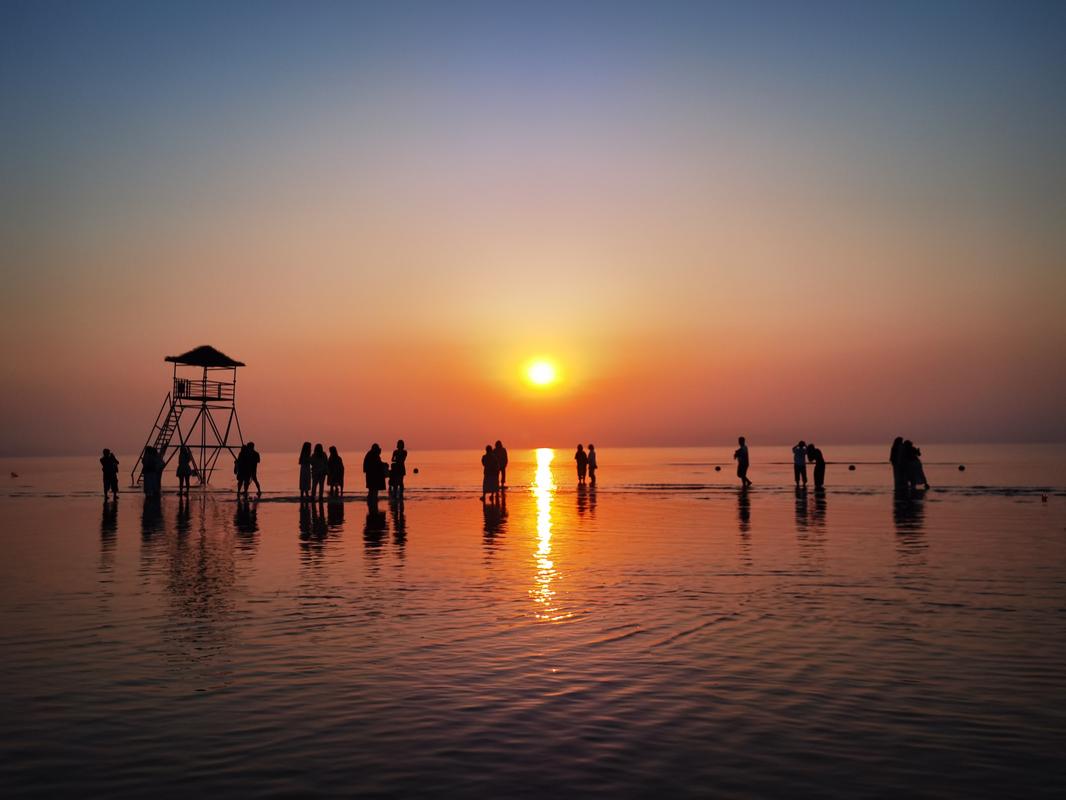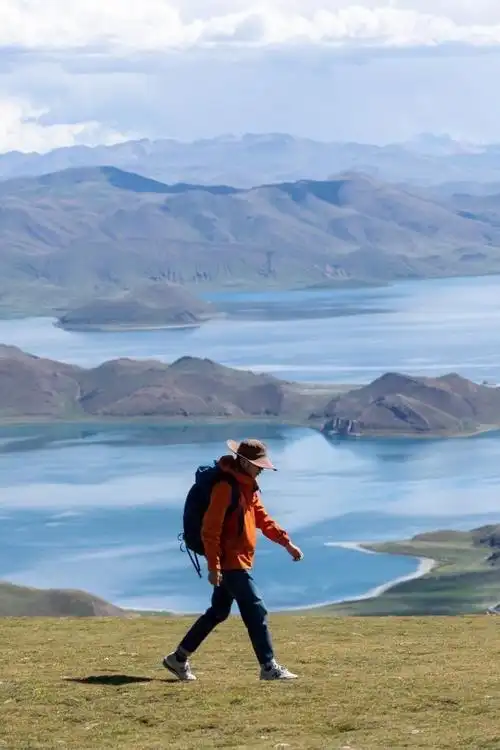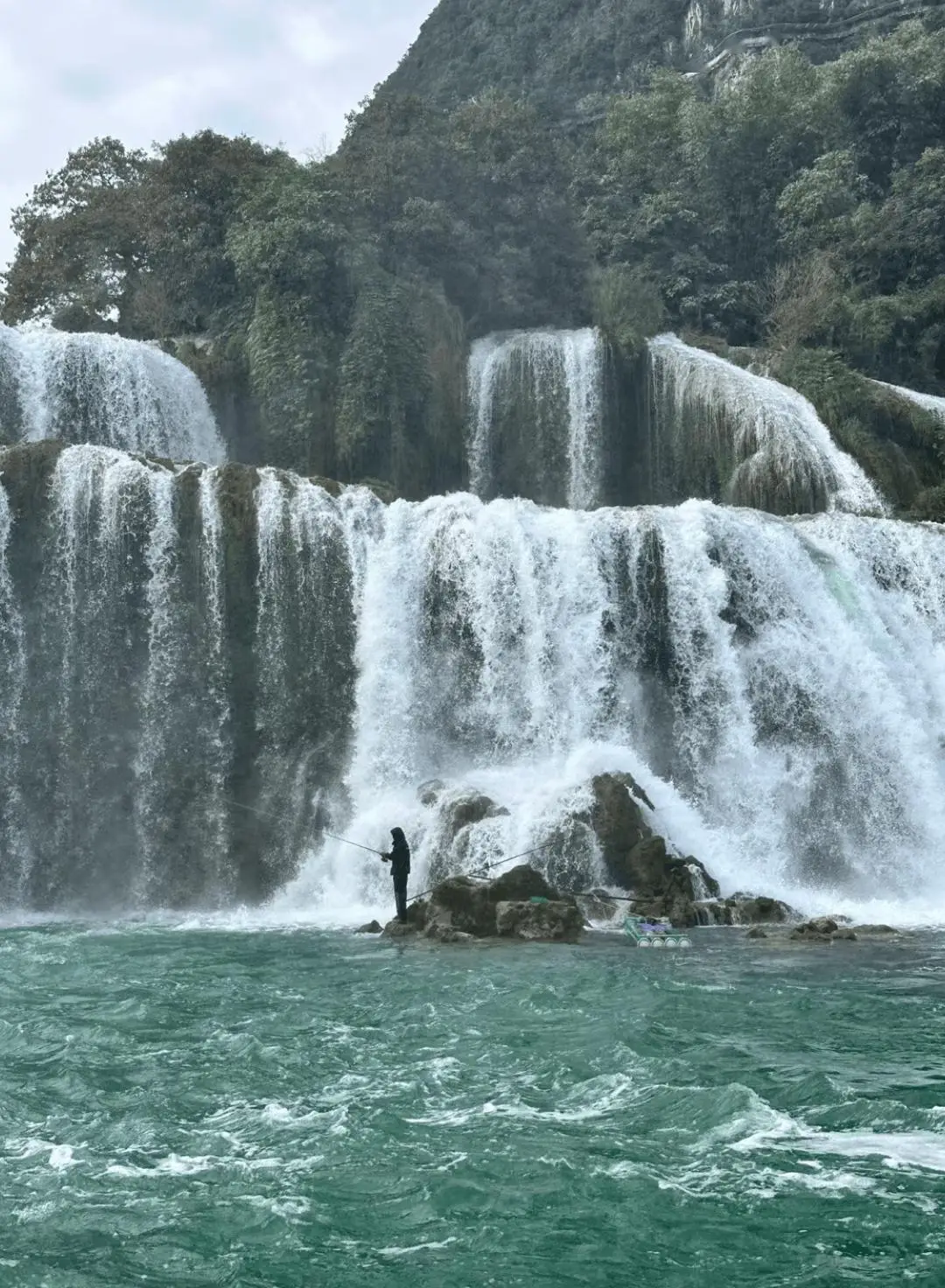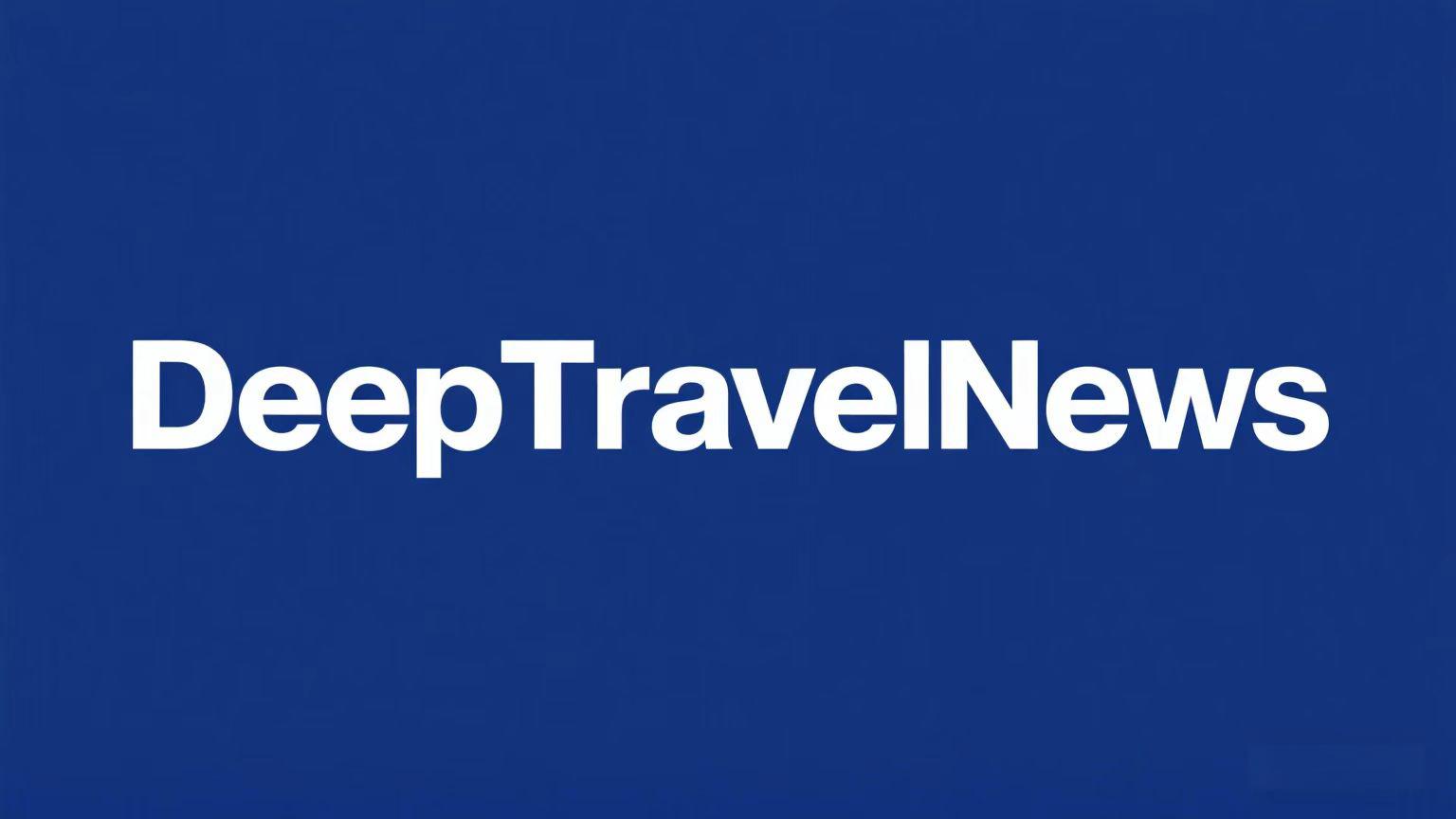France Travel
French Travel Backpacking: Backpacker-Friendly French Attractions, Budget Stays & Travel Routes
The Ultimate Guide to French Travel Backpacking: Backpacker-Friendly Attractions, Budget Stays & Travel Routes
France, often synonymous with luxury travel, fine dining, and high fashion, might not be the first destination that comes to mind for the average backpacker. Images of expensive Parisian hotels and Michelin-starred restaurants can seem daunting to those traveling on a shoestring. However, beyond the well-trodden path of luxury lies a France that is incredibly welcoming, diverse, and surprisingly accessible to the budget-conscious traveler. From the sun-drenched coasts of the Mediterranean to the snow-capped Alps and the rolling vineyards of its countryside, France offers a backpacking experience rich in culture, history, and natural beauty without necessarily breaking the bank. This guide will navigate you through the best backpacker-friendly attractions, affordable accommodation, and strategic travel routes to make your French adventure both memorable and economical.
Why France is a Great Backpacking Destination
The misconception of France being exclusively expensive is precisely that—a misconception. With careful planning, a willingness to embrace local life, and an understanding of its excellent transport infrastructure, France unveils itself as a fantastic backpacking hub. The country boasts an efficient and extensive train network (SNCF), including budget-friendly options like Ouigo, and a comprehensive system of long-distance buses. Furthermore, the diversity of landscapes means you can be hiking in the Pyrenees one day and swimming in the Atlantic the next. The culture of auberges de jeunesse (youth hostels) is well-established, and there's a growing number of eco-friendly hostels and community-driven tourism projects that cater perfectly to the backpacker spirit.
Backpacker-Friendly French Attractions: Beyond the Obvious
While the Eiffel Tower and the Louvre are undeniable icons, the true heart of backpacking in France lies in discovering its lesser-known gems and experiencing its world-class attractions in a budget-friendly way.
-
Paris on a Budget: Yes, you can do it. Instead of paying to go up the Eiffel Tower, enjoy a picnic on the Champ de Mars with a baguette, cheese, and wine from a local market. The view is free. Many world-class museums, including the Louvre, are free for all visitors on the first Saturday of the month from 6 p.m. (check for updates) and for those under 26 from the EU. Explore the charming, village-like atmosphere of Montmartre and the artistic history of Père Lachaise Cemetery. Simply wandering along the Seine is one of the city's greatest pleasures.
-
The French Riviera (Côte d'Azur) Without the Glitz: Skip the expensive yachts of Monaco and Saint-Tropez. Head to Marseille, France's gritty, multicultural port city. Explore the Panier district, visit the stunning Calanques (fjord-like inlets) by public boat or a challenging hike, and eat bouillabaisse in a small, local portside restaurant. Nice offers a magnificent pebbly beach for free swimming and sunbathing, and the beautiful, Italianate Old Town (Vieux Nice) is perfect for getting lost in its narrow streets.
-
The Loire Valley by Bike: Instead of an expensive château tour, rent a bike. The Loire à Vélo is a well-signposted network of cycling paths that connect many of the region's famous castles. You can see the majestic exteriors and gardens of Châteaux like Chambord, Chenonceau, and Blois without necessarily paying for every interior tour. Camping along the Loire River is a fantastic and affordable way to experience this UNESCO World Heritage site.
-
The Wild Atlantic Coast (Brittany): For nature lovers, Brittany is a paradise. The Pink Granite Coast near Perros-Guirec offers otherworldly landscapes with bizarrely shaped pink rocks against a turquoise sea. Hike the custom coastal paths (sentiers des douaniers), and stay in affordable seaside towns like Saint-Malo, with its fascinating walled city. The region is also famously cheap for delicious crêpes and cider.
-
The French Alps for Hikers: You don't need a ski pass to enjoy the Alps. In summer, towns like Chamonix become a mecca for hikers. While the cable car to the Aiguille du Midi is pricey, countless breathtaking hikes are accessible for free from the town center, offering unparalleled views of Mont Blanc. Refuges along the trails offer basic, affordable accommodation.
-
Historic and Lively Cities of the South: Toulouse, "La Ville Rose" (The Pink City), is a vibrant university town with a lively atmosphere and affordable tapas bars. Strasbourg, the capital of the Alsace region, offers a unique blend of French and German culture. Its picturesque canal-laced old town, La Petite France, is a delight to explore on foot.
Budget Stays: Where to Rest Your Head
France offers a wide array of affordable accommodation options that go beyond the standard hostel dorm.
-
Hostels (Auberges de Jeunesse): The French Hostelling International (HI) network is reliable, clean, and often located in fantastic buildings like old convents or châteaux. They are not just for the young; they welcome travelers of all ages. Many offer kitchen facilities, allowing you to save money by cooking your own meals.
-
Budget Hotel Chains: Look for brands like Ibis Budget, B&B Hôtel, Première Classe, or HotelF1. They offer basic, no-frills, but clean and reliable rooms, often with private bathrooms, at very competitive prices, especially when booked in advance.
-
Camping: France has one of the best camping infrastructures in the world. Municipal campsites are incredibly cheap (often €10-€20 per night for a tent pitch and two people) and are frequently located in prime positions near town centers or beautiful natural sites. This is arguably the best way to experience the French countryside.
-
Gîtes d'Étape & Refuges: These are simple, hostel-like accommodations, often found in rural areas and along hiking trails like the GR routes. They provide a bed, sometimes meals, and are a great way to meet fellow hikers and travelers.
-
Couchsurfing & Workaway: For a truly immersive and free experience, Couchsurfing allows you to stay with locals. Platforms like Workaway and HelpX connect travelers with hosts who offer free room and board in exchange for a few hours of help per day with tasks like farming, gardening, or childcare.
Strategic Travel Routes for Backpackers
Maximizing a Eurail pass or using regional transport efficiently is key to a successful backpacking trip.
-
The Classic Loop (10-14 days): Paris -> Loire Valley (by train to Tours/Blois) -> Bordeaux (for wine and the modern Cité du Vin) -> Toulouse -> Carcassonne (medieval fortress city) -> Marseille -> French Riviera (Nice) -> back to Paris via overnight train. This route covers a fantastic mix of cities, history, and coast.
-
The Atlantic Route (2 weeks): Start in Brittany (Saint-Malo or Rennes), travel down the coast to Nantes (see its incredible mechanical elephant!), then to La Rochelle (a beautiful historic port), further south to Bordeaux, and finally to Biarritz and the surf beaches of the Basque Country. This route is perfect for campers and surfers.
-
The Eastern Culture & Nature Trail (10 days): Start in Strasbourg (Alsace), then take a train to Basel (Switzerland) or directly to Bern to access the Swiss Alps, before heading into the French Alps (Chamonix). Alternatively, from Strasbourg, head south along the Rhine to the beautiful city of Lyon, France's culinary capital (where finding affordable bouchons is a must-do).
-
The Slow Travel South (1 week+): Pick one region and explore it deeply. For example, focus solely on Provence. Use a base like Avignon or Aix-en-Provence and take local buses to explore the lavender fields, Roman ruins (like the Pont du Gard), and hilltop villages (Gordes, Roussillon). This saves on constant moving costs and allows for a deeper connection with the area.
Essential Backpacking Tips for France

- Eat like a local: Your biggest daily expense will be food. Avoid tourist-trap restaurants. Shop at local markets, boulangeries (for sandwiches), and supermarkets. A lunchtime plat du jour (fixed-price menu) is often much cheaper than dinner.
- Embrace the Picnic: The French art of the picnic is your best friend. Buy a fresh baguette, cheese, charcuterie, fruit, and a bottle of wine for a fraction of a restaurant meal's cost.
- Travel Off-Peak: Visit in the shoulder seasons (April-May and September-October). Prices for accommodation and transport are lower, and the crowds are thinner.
- Get a Rail Pass or Book in Advance: If covering long distances, calculate if a Eurail/Interrail France Pass is worth it. Otherwise, book Ouigo or TER train tickets well in advance for the best fares.
- Learn Basic French: A simple "Bonjour," "Merci," and "S'il vous plaît" go a very long way. The French appreciate the effort immensely.
Backpacking through France is not only possible but immensely rewarding. It’s a journey that trades luxury for authenticity, offering a profound and personal connection to a country that continues to captivate the world. By venturing beyond the postcard images and into its vibrant heart, you’ll discover a France that is welcoming, affordable, and endlessly fascinating.
-
上一篇

French Attractions Family Activities: Fun Things to Do at French Travel Spots With Kids, Interactive Experiences
**Title:FamilyAdventuresinFrance:InteractiveandKid-FriendlyAttractions**
-
下一篇

French Attractions History Tours: Guided Historical Tours of French Travel Spots, Deep Dive Into French Past
**UnveilingtheTapestryofTime:AJourneyThroughFrance'sGuidedHistoricalT
相关文章
- French Travel Guide: In-Depth List of the Best Places to Visit in France, Covering Hidden Gems and Classic Landmarks
- French Attractions Recommendation: 2024 Must-Visit Checklist for French Tourism, From Eiffel Tower to South of France Towns
- French Tourism Guide: Unlock the Best Destinations in France, Detailed Popular Attractions & Transportation Tips
- Complete Guide to French Attractions: Can’t-Miss Check-In Spots for French Travel, Collection of Urban Landmarks & Natural Secluded Spots
- Best Places for French Travel: Curated TOP 50 French Attractions, Scenario-Based Recommendations for Family/Solo/Couple Trips
- French Attractions Guide: Must-Experience Popular Destinations for French Tourism, Full Analysis of Historical Relics & Artistic Landmarks
- French Travel Check-In: List of the Best Places to Visit in France, Stories Behind Attractions & Visiting Notes
- French Attractions Recommendation: In-Depth Travel Guide for French Tourism, Itineraries From Loire Valley to Mont Saint-Michel
- Best Destinations for French Travel: 2024 Latest Ways to Explore French Attractions, Collection of Less Crowded Hidden Destinations
- Complete French Attractions List: All-Scenario Guide for French Tourism, Best Places to Visit in Different Seasons
发表评论
评论列表
- 这篇文章还没有收到评论,赶紧来抢沙发吧~
